CategoryWinery
-
Happy Easter from the families at Tenuta Carretta to you and yours!
Written on
in Winery Read all
Read all
-
Michelin-Starred Chef Flavio Costa Launches “21.9,” a new restaurant at Tenuta Carretta.
Written on
in Winery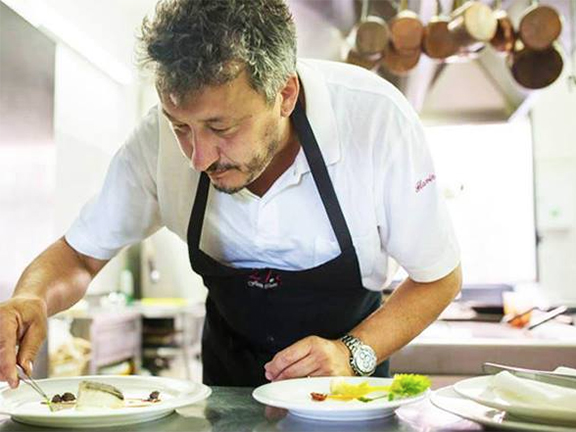
Michelin-Starred Chef Flavio Costa Launches "21.9," a new restaurant on the grounds of Tenuta Carretta. By Adriano Salvi. A marvelous location that retains its elegance and rarefied charm: Looking out over the wild hills of Roero and guarded by two stone lions that stand over its entrance, the Tenuta Carretta in Piobesi d'Alba is without a doubt one of the most impressive wineries on the...
Read all
-
Nebbiolo, a derivative of the Italian for fog (nebbia)?
Written on
in Winery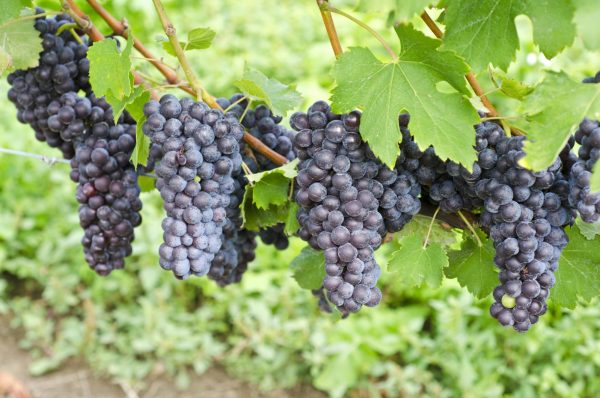
Last week, we posted an English translation of what is believed to be one of the earliest mentions of Nebbiolo by fourteenth-century natural scientist Pietro de' Crescenzi from Bologna. As I noted, many people cite this text without reporting the entire context. It's just a few lines but the entire passage gives us a number of clues of Nebbiolo's role and place in viticulture at the...
Read all
-
Nubiola: A translation of Pietro de’ Crescenzi’s mention in context
Written on
in Winery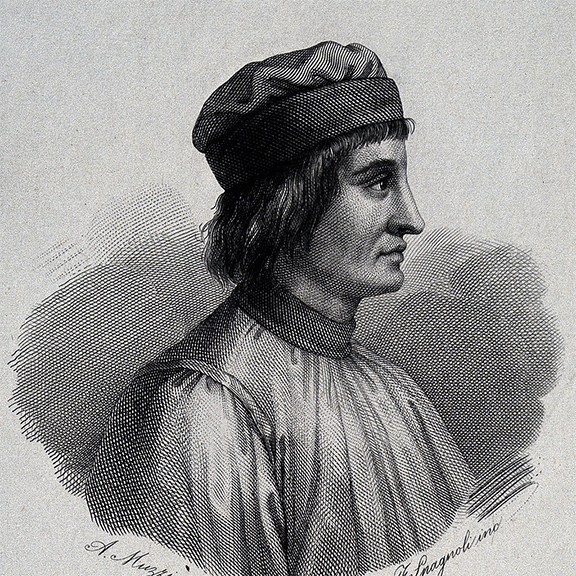
As it has been written so many times, one of the earliest mentions of Nebbiolo dates back to the early fourteenth century and Pietro de' Crescenzi's (presumed although never entirely proven) mention of Nubiola in his treatise on agriculture entitled Ruralia commoda. Scores of writers reference the passage but I cannot find any instance where a writer transcribes or translates the original in...
Read all
-
Golden Rhyton for Elenovo “Cabernet Sauvignon” 2011 at Vinaria 2016, Plovdiv
Written on
in Winery
We are pleased to announce that Edoardo Miroglio wine cellar once again received one of the five trophies at the international competition Vinaria 2016. They were given during "The Night of the Golden Rhyton" which took place on February 24th, shortly before midnight. The award was established in 1996 and along with the statuette a diploma is awarded at the ceremony on the night of the "Wine...
Read all
-
Two new wines from Tenuta Carretta: Langhe Nebbiolo & Barolo Cannubi signature label
Written on
in Winery
This just in... Tenuta Carretta has just released two new wines, each a homage to the winery's history and founders. The first is Podio, a Langhe Nebbiolo made from mostly Nebbiolo with a smaller amount of Barbera. It's a classic, old-school blend: In another era, when Nebbiolo was often overly tannic when first bottled, winemakers added a little bit of Barbera to brighten the wine and make...
Read all
-
Barolo Origins: Debunking the erroneous “Oudart” myth
Written on
in Winery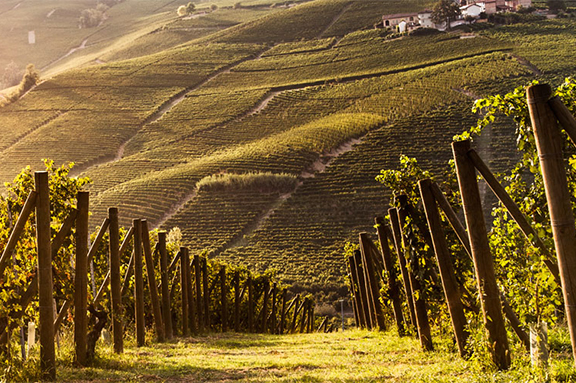
Click here for the complete series of "Barolo Origins" posts. Ever since I first began writing about Italian wine in 1998, I've been dumbfounded by the fact that wine writers — including some of the biggest names in the trade — continue to propagate the erroneous myth that it was a Frenchman named Louis Oudart who created the modern style of Barolo. According to the legend, Count...
Read all
-
Notes on Cavour’s “enological crusade” to make Barolo one of the world’s greatest wines
Written on
in Winery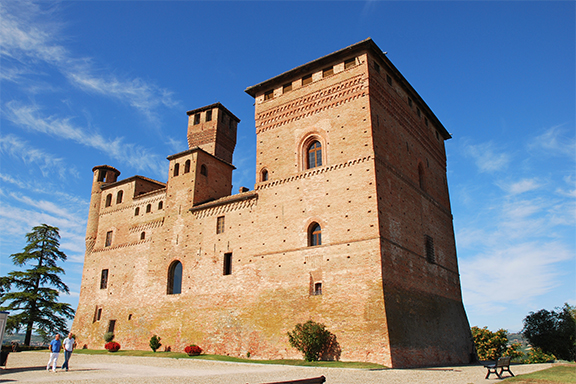
Last week, we published a translation of Camillo Cavour's 1845 letter in which he writes of his newly conceived "enological crusade" to create Piedmontese wines that rival the wines of Burgundy for their quality. The wines of his native region, he notes, lack the refined bouquet of their French counterparts. It's a very powerful passage and it reveals a great deal about the origins of...
Read all
-
Barolo origins: A new series of posts here on the Tenuta Carretta blog
Written on
in Winery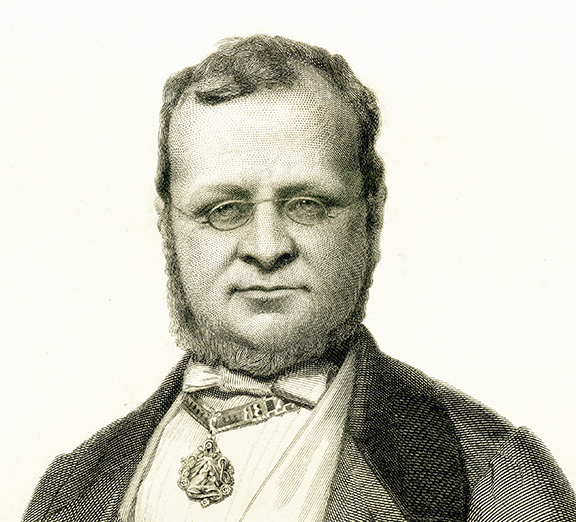
Over the last three decades, much has been written about Nebbiolo and Barolo yet so little is known about the wine's origins. Now that 2016 is in full swing, it's time to abandon our series of posts devoted to vitello tonnato and shift our attentions to more noble pursuits. And so with this post, I'm launching a new series entitled "Barolo origins." For this first entry, I wanted to...
Read all
-
The strange and wonderful marriage of tuna and veal #vitellotonnato
Written on
in Winery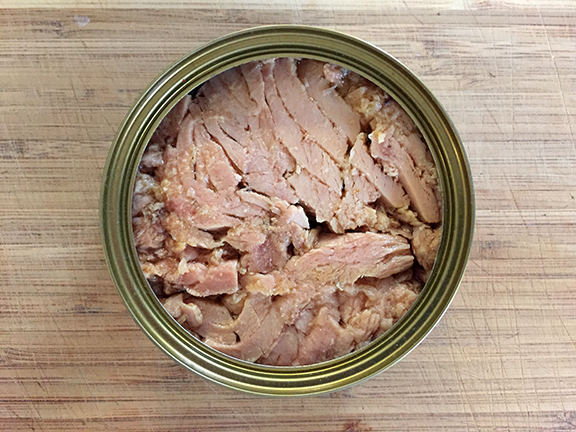
For the complete (and ongoing) series on vitello tonnato, click here. The idea of using anchovies to stud and season veal before cooking doesn't seem so far-fetched. In our recent post about the origins and historic role of the salt-cured anchovy in Piedmontese cookery, we touched on the fact that the anchovy was, among other things, a salt-delivery system. And there are numerous instances...
Read all